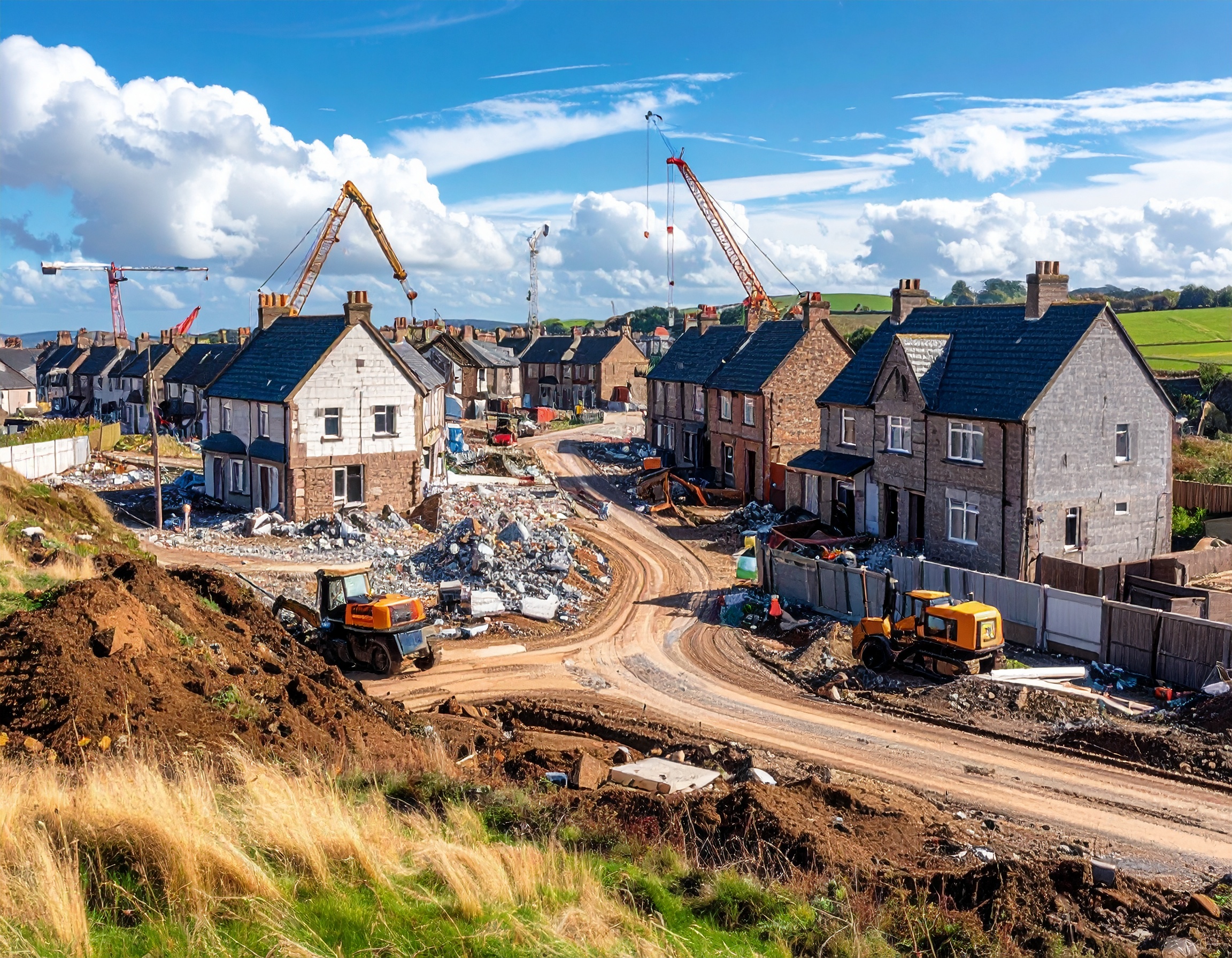Scotland Faces Urgent Need for Over 15,000 Affordable Homes Annually, University of Sheffield Report Reveals

A new report from the University of Sheffield highlights the urgent need for affordable housing in Scotland, projecting that over 15,000 new homes will be required each year between 2026 and 2031 to meet growing demand. The research, commissioned by the Scottish Federation of Housing Associations (SFHA), Chartered Institute of Housing (CIH) Scotland, and Shelter Scotland, underscores the pressing challenges facing the Scottish housing market as the next parliamentary term approaches.
Titled Affordable Housing Need in Scotland Post-2026, the report builds on previous research conducted in 2015 and 2020. It provides a comprehensive assessment of affordable housing requirements across Scotland and sets out an indicative five-year budget of £8.2 billion for the Affordable Housing Supply Programme (AHSP). By comparison, the 2020 report identified a need for 10,600 homes annually, meaning that meeting post-2026 demand will require a 50% increase in delivery.
“The figures are stark, but they reflect the reality on the ground,” said Dr Michael Marshall, lead researcher at the University of Sheffield. “Open homelessness cases have risen by 45.5% since 2020, temporary accommodation use has grown by 38.3%, and issues such as disrepair and fuel poverty in the private sector are becoming more widespread. Meeting the need for affordable housing will be a significant challenge for the next Scottish Parliament.”
The research highlights regional disparities, with demand rising most sharply in Eastern authorities, including the City of Edinburgh, the Lothians, and Fife. These areas now show the highest levels of need both in absolute terms and per 1,000 households, reinforcing calls for more targeted funding and resource allocation based on objective housing need indicators.
The report also identifies a long-term decline in social housing lettings. Since the pandemic, the number of annual social housing lets has fallen by roughly 4,000 homes, reducing the capacity of existing stock to meet demand. Analysis shows this decline is primarily due to fewer properties becoming vacant each year, rather than delays in re-letting, highlighting the importance of both new build and effective management of existing housing stock.
In response to the housing crisis, the Scottish Government’s Housing Emergency Action Plan, published shortly before this report, commits £4.9 billion over four years to deliver 9,000 affordable homes annually. While this represents a strong investment, it falls short of the research’s estimated annual requirement of 15,693 homes, emphasizing the scale of the challenge.
“There is now consensus that substantial increases in grant funding are needed to boost Scotland’s affordable housing capacity,” Dr Marshall added. “This research provides the evidence base for policymakers, developers, and social housing providers to take decisive action before the housing emergency deepens.”
The report underscores the critical need for strategic investment in affordable housing Scotland, social housing development, and sustainable community planning, ensuring that households at the sharp end of the housing crisis have access to secure, safe, and affordable homes.

